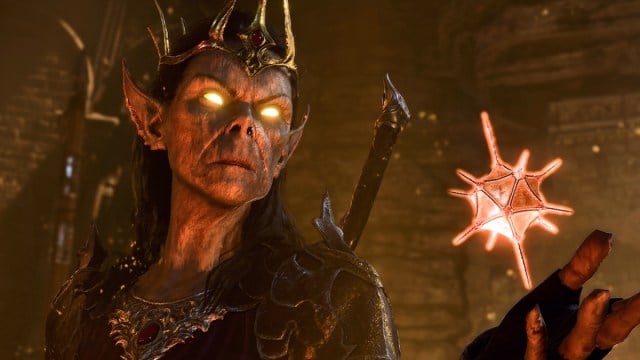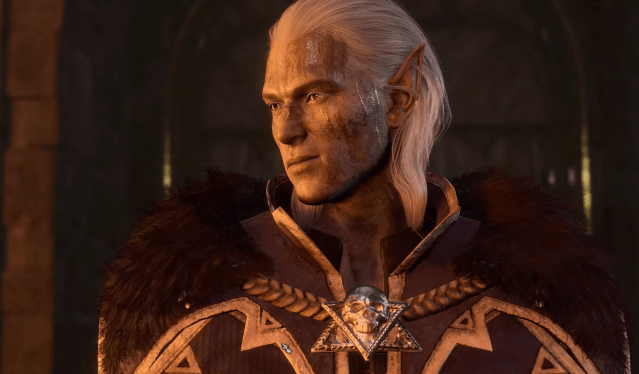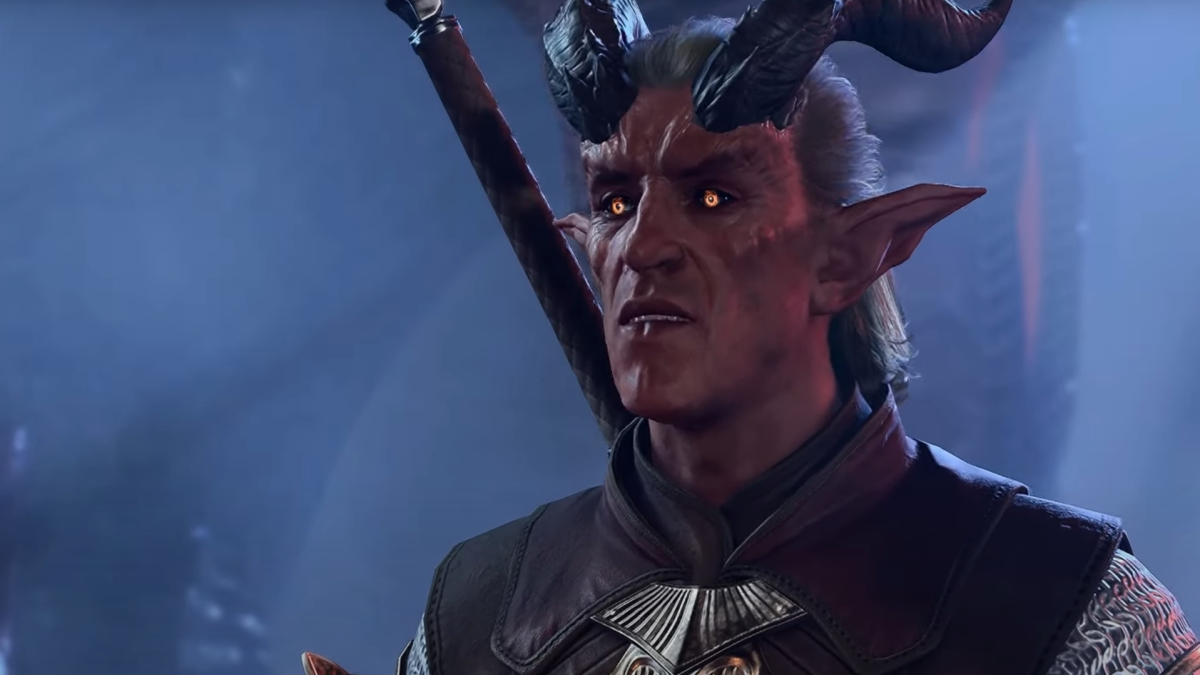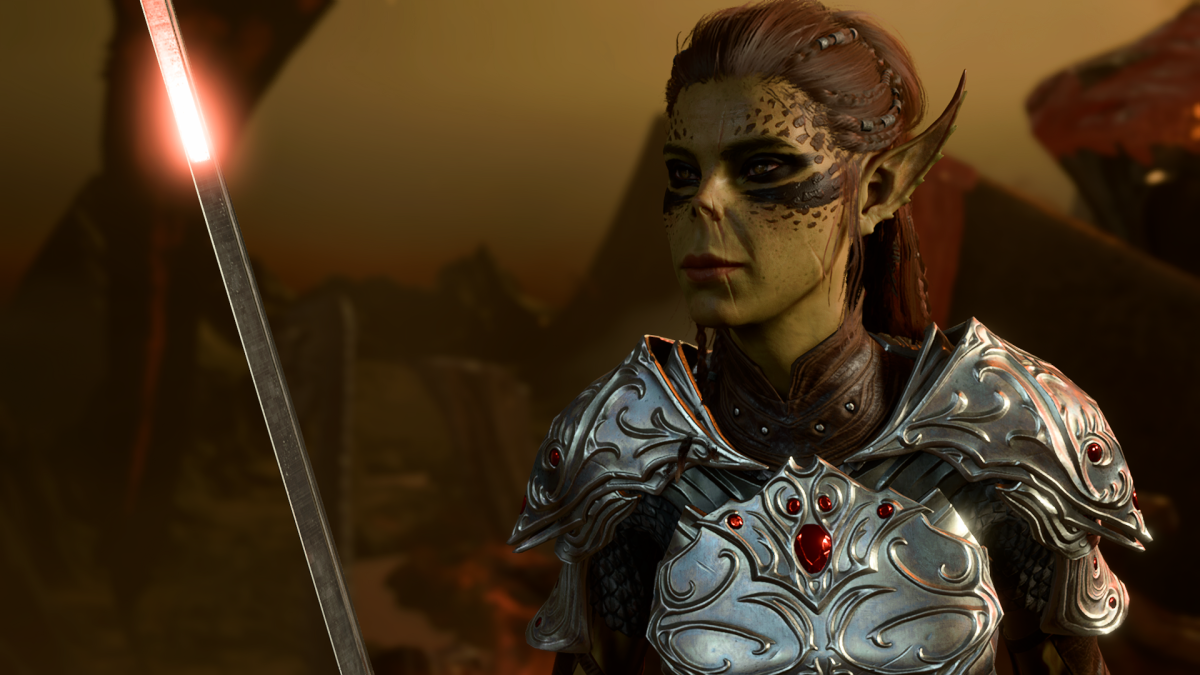Baldur’s Gate 3 is built from the worlds of the Forgotten Realms and the Dungeons & Dragons combat system. Although praises for the game largely come from the freedom the RPG offers, several players have noted instances where the narrator was an unforgiving dungeon master.
If you imagine Baldur’s Gate 3 as a traditional tabletop version of Dungeons & Dragons, then the narrator undoubtedly fills the role of the DM. This ethereal voice lightly guides your adventures, gives descriptions upon rolls, and helps you better envision and understand your surroundings. But baturally, there are staunch differences between Baldur’s Gate 3’s narrator and a real person. The narrator is an unflinchingly harsh DM at times, unwillingly to scale combat to your party’s level or carrying on with dialogue that could result in an instant total party kill without any warning.
One Reddit thread highlighted the many instances of the Narrator’s brutal DMing. Be warned, there will be spoilers ahead.

Thread creator u/Thoewijdak described one example being the audience you get with Vlaakith at the Githyanki Creche is Act One. When meeting Vlaakith, she demands that you climb in the Astral Prism and slay your protective Guardian inside. If you outright deny or challenge Vlaakith’s power, then she will completely annihilate your party.
Considering the Guardian had only been useful so far and it was still early levels, I fully trusted that Larian would not allow me to incur the wrath of a god without warning. Lae’zel’s protest came too late, as the Githyanki Empresses had already ended my Honor Mode run.
Any Paladin player also knows the narrator is extremely strict about keeping your Oath. If you decide to pick a Paladin, you need to uphold your Oath, whether it be Devotion, Vengeance, or Ancients, through your words and actions. If you fail at this, you will lose your Oath and become an Oathbreaker, unable to return to your previous class.

There are obvious actions that will betray your Oath, such as slaying civilians, stealing, or any other less-than-holy activity. Other instances aren’t as clear. Encounters with both the Duergar slavers of the Underdark and Gortash both have the potential to end your Oath. Should you attack either of these unobjectively evil characters without prompt, then your Oath is gone. The best way to get around this is to get another one of your non-Paladin party members to start an altercation. If you aren’t expecting it, however, the Oath-breaking cutscene can hit you like a jump scare.
Finally, the narrator can be somewhat unreliable whenever it comes to the timing of events. User u/Klimekam references one particularly awkward interaction at Last Light Inn. If you go to Moonrise Towers, trigger the Isobel fight at Last Light Inn, and then speak with Jahira, the narrator prompts you with a dialogue option that outs Marcus as a traitor despite the fact that Jahira saw this first hand. Worse, you can even lose approval with other party members should you fail to convince Jahira.
Though not without shortcomings, the narrator was one of my favorite parts of Baldur’s Gate 3 and played a great DM. Even if harsh on occasion.







Published: Feb 5, 2024 03:12 pm